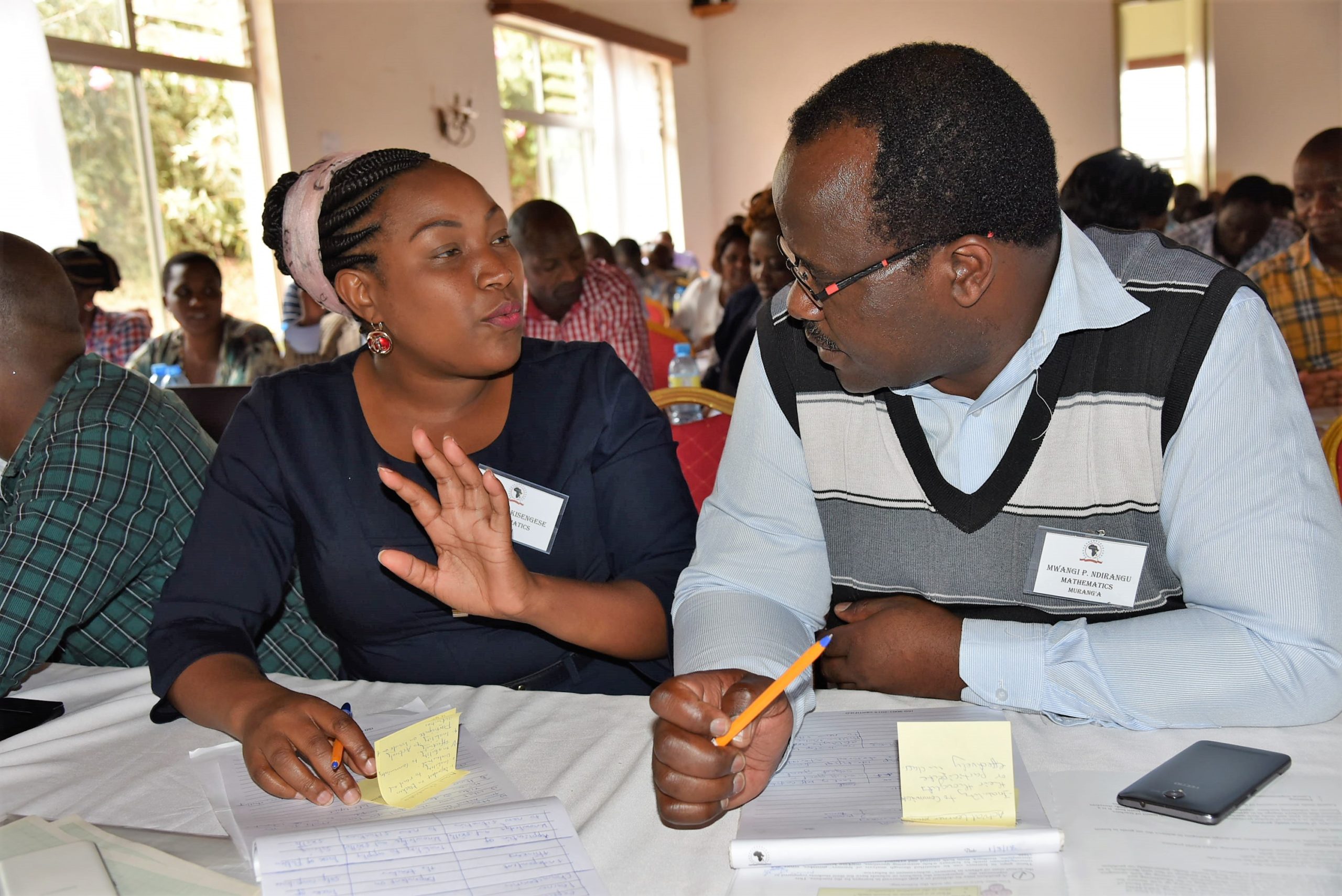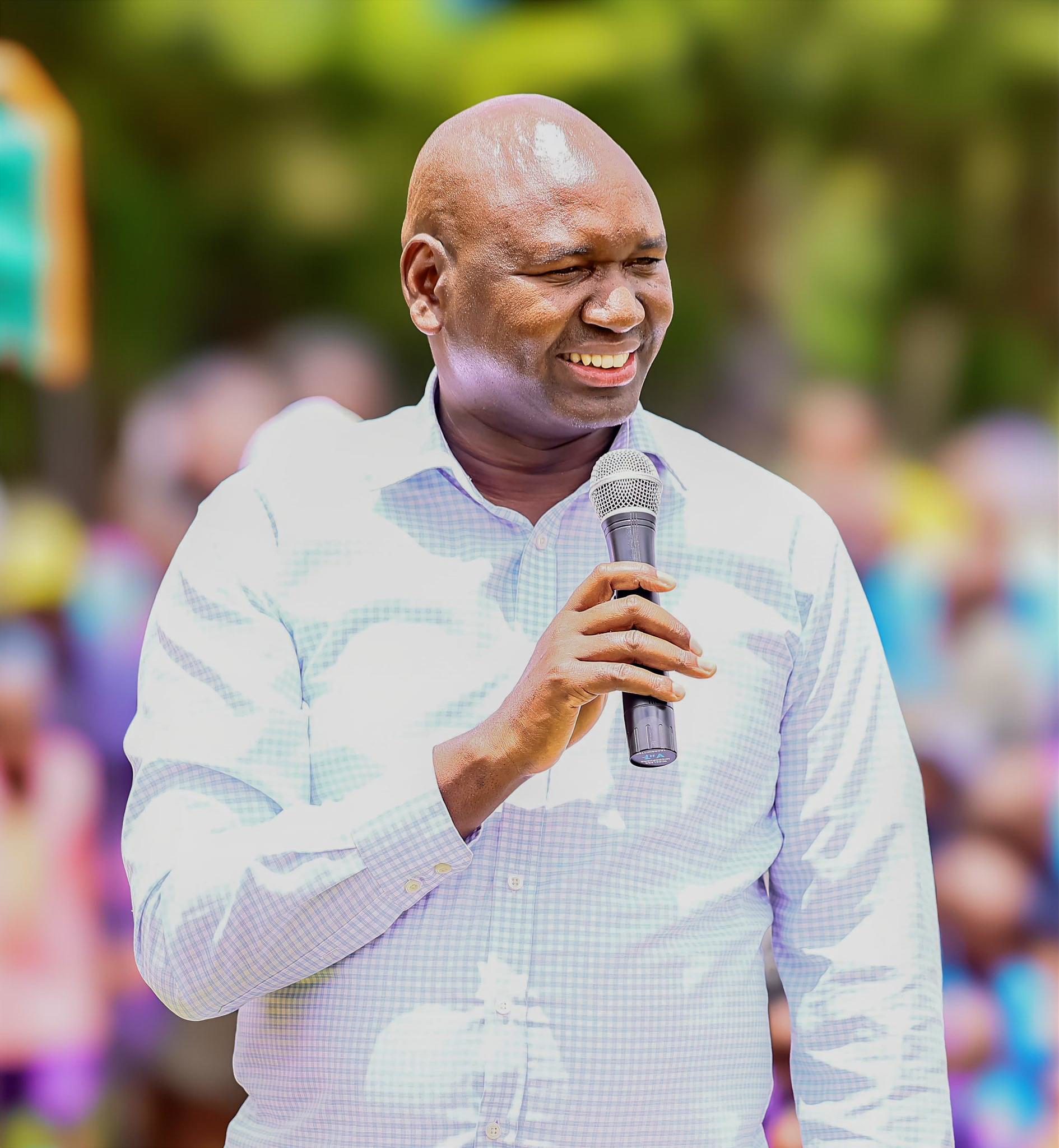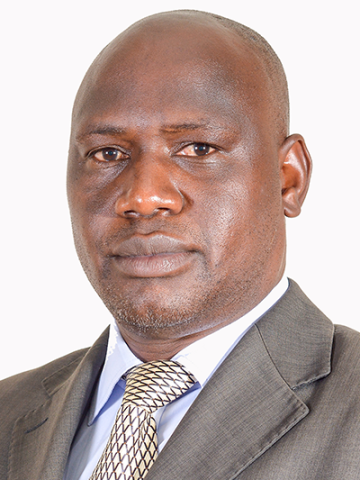By Roy Hezron
Primary and secondary school teachers and university lecturers will have a joint regulatory body, if the recommendations of a task force on the implementation of the new curriculum are adopted.
In its report launched early this month, the task force on the implementation of the Competency Based Curriculum (CBC) recommends the establishment of a joint professional regulatory body.
“Ministry of Education, Teachers Service Commission (TSC), teachers unions, head-teachers and principals’ associations, and universities will establish a joint educators’ professional regulatory body,” reads the report in part.
If established, the body will be required to mirror other professional bodies and associations like the Council of Legal Education and Law Society of Kenya (LSK) for lawyers, Institute of Certified Public Accountants of Kenya (ICPAK) for accountants, Nursing Council of Kenya for nurses and Kenya Medical Practitioners and Dentist Council for medical and dentist practitioners.
The body would regulate the teachers in both basic and tertiary, institutions and set standards and qualifications for practice.
Currently, there is no standard body that regulates the teaching profession in the country since teachers and lecturers subscribe to different regulatory bodies and have different employers.
For instance, teachers in primary and secondary schools are under TSC, while trainers in Technical and Vocational Educational Training institutions are under the TVET Authority. University lecturers are being regulated by the Commission for University Education.
According to Kenya National Qualifications Authority (KNQA), if a professional body is awarding qualifications, it must obtain KNQA accreditation.
In Kenya, professional bodies and associations have different powers set out in the legal instruments establishing them.
Some professional bodies only register their members while others are involved in short term training for continuous professional development-for which they do not require recognition within the KNQ Framework, while others are involved in elaborate accreditation, quality assurance and even awarding of qualifications.
The later require accreditation and recognition within the KNQF and must abide by its regulations on quality assurance, examination and assessment of qualifications.
In Kenya, there are 27 professional bodies and associations which regulate the training and conduct of members. Some have legal mandate-established under Kenyan law, while others are loose associations representing members of the profession.
Teacher unions have been calling for a whittling down of TSC powers, saying it should only employ teachers while the responsibility of regulating them should be vested on the Ministry of Education.
The Kenya Union of Post Primary Education Teachers (KUPPET) has been in the forefront in the call for the formation of teachers’ professional body.
In October last year, KUPPET chairperson Omboko Milemba, who is also the Emuhaya MP, said there should be a special body to deal with teachers’ professionalism.
Other key recommendations by the taskforce are that the Kenya National Examination Council should design a framework for implementing Competency Based Assessment (CBA) in Pre-service Teacher Education for both formative and summative assessment.
“MoE and TSC, in collaboration with other stakeholders, will develop a Teacher Education Policy that anchors teacher education within the broad philosophy of education of participatory experimental learning,” adds the repot.






